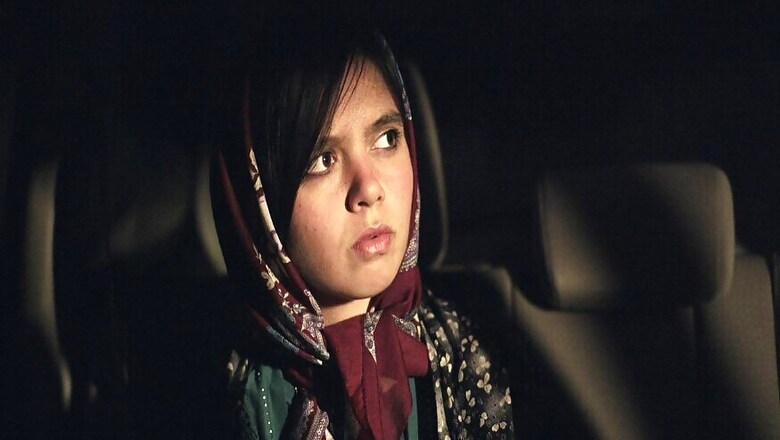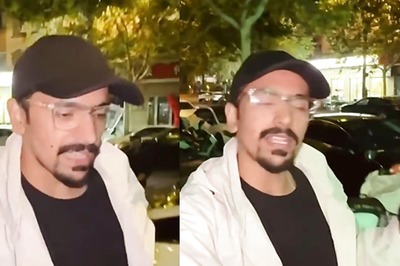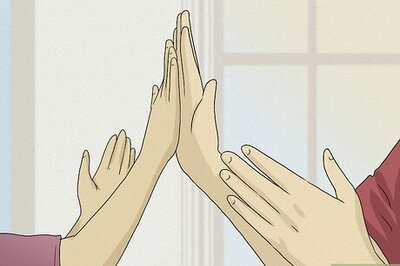
views
Can there be a Cannes Film Festival without a controversy? Or several controversies? The Festival is a child that virtually emerged out of a controversy. With a Venice Film Festival firmly under the thumb of Hitler and Mussolini in the 1930s, the Italian event, the oldest of its kind in the world that began in 1932, was brazenly partial, even hostile towards French cinema. And in one such Venice Film Festival, the French delegate walked out and decided to have their own festival of cinema independent of Fascist grip. This is how Cannes emerged in 1939, but three days into the Festival when Hitler's army marched into Poland, Cannes had to shut down. For a long time, till 1946.
From then till now, Cannes has rubbed shoulders with controversy: events like the Danish director, Lars Von Trier's utterances about Hitler to last year's Netflix affair have kept the Festival on its toes. Last year, Netflix's Okja and The Meyerowitz Stories were part of Cannes' official selections, but it led to protests from French cinema owners, because the country's laws state movies cannot be shown on home platforms for 36 months after theatrical releases. So, this year, although the Festival's General-Delegate Thierry Fremaux, offered Netflix space outside Competition (in sections like A Certain Regard and Special Screenings...), the streaming giant refused, and pulled out of Cannes at the 11th hour.
This time, Fremaux has introduced radical changes in screening schedules for the Press – given the age of social platforms and reviews tweeted even as a film was in progress leading to at times comments that harmed a movie and robbed it of its surprise element at its world premiere (usually taking place hours after the media screening). So, the Press this year will not have the privilege of watching a film before its production team and other invitees see it. As Fremaux quipped, this will make a movie truly a world premiere.
And selfies on the red carpet have been banned, largely because they impeded the flow of people on it.
There is more to come. Iranian helmer Jafar Panahi's Three Faces will compete for the Palm dÓr, but he may not be allowed to travel to Cannes, because he is under some kind of house arrest in Teheran and has been banned from making cinema for 20 years. But the man remains undaunted. Some years ago, his This Is Not A Film was smuggled into Cannes in an USB, hidden inside a cake! The country's ruling clergy must have been livid, but who is to stop Panahi? A few summers ago, he became a cabbie, put a camcorder on his taxi's dashboard, drove around Tehran, recorded the conversations of his passengers and made a film. Called Taxi, it won the top prize at Berlin.
This May, with the Festival all set to roll from the eighth, a movie canned in Kenya, Rafiki (Friend in Swahili), will screen at Cannes. Wanuri Kahiu's drama was banned in Kenya, because it promoted lesbianism. Who cares that this will be the first ever Kenyan film to be at Cannes. “It is a coming-of-age tale of two girls, the daughters of political opponents, who fall in love and find their identity and dreams compromised by a conservative society”, according to a story in the media. Homosexuality is illegal in Kenya and gay sex is punishable by 14 years in prison.
Rafiki is inspired by the 2007 Caine prize-winning short story, Jambula Tree by the Ugandan writer, Monica Arac de Nyeko.
(Author, commentator and movie critic Gautaman Bhaskaran has covered the Cannes Film Festival for 28 years, and may be e-mailed at [email protected])















Comments
0 comment